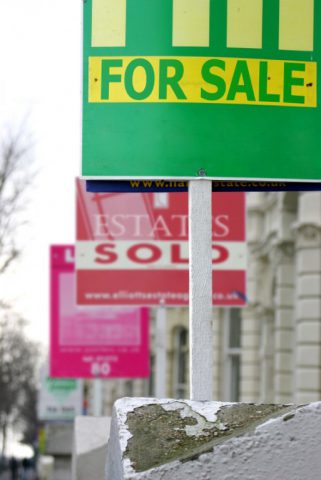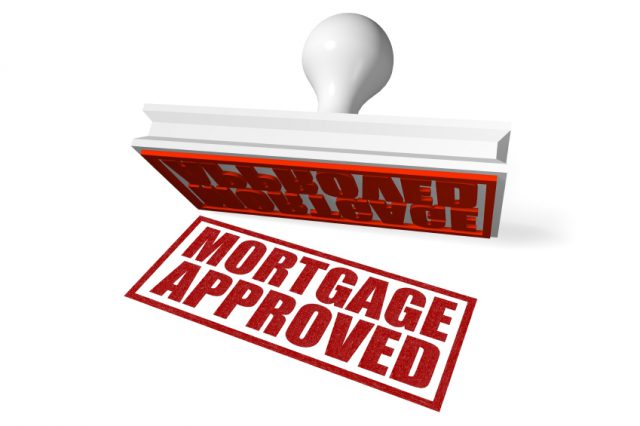Average Price of a First Time Buyer Home in London Rises by £28,000
If anyone wondered if London’s first time buyers are struggling, new research can confirm that they are. According to Savills, the price of an average starter home in the capital has risen by £28,000 in a year.
This means that buyers priced out of full ownership and looking for a shared ownership deal still need £67,000 for a home, up £7,000. This is for a quarter share in a property.
Savills suggests that first time buyers stay away from Hammersmith and Fulham, Lambeth, Barnet and Ealing. All four boroughs have experienced a 20% increase in the price of starter homes in the last year; this is more than double the London average.
Average starter home prices in London
|
Borough |
Average price April 2014-2015 | Average price April 2013-2014 |
Annual change |
| Barking and Dagenham | £180,000 | £162,000 | 11.1% |
| Bexley | £203,000 | £177,000 | 14.7% |
| Havering | £215,000 | £189,000 | 13.8% |
| Croydon | £218,400 | £191,995 | 13.8% |
| Newham | £220,250 | £185,000 | 19.1% |
| Sutton | £233,000 | £195,000 | 19.5% |
| Enfield | £238,000 | £210,000 | 13.3% |
| Redbridge | £240,000 | £222,500 | 7.9% |
| Greenwich | £247,000 | £215,000 | 14.9% |
| Lewisham | £250,000 | £214,625 | 16.5% |
| Hillingdon | £250,000 | £220,000 | 13.6% |
| Waltham Forest | £250,000 | £220,000 | 13.6% |
| Hounslow | £250,000 | £225,000 | 11.1% |
| Bromley | £257,000 | £231,000 | 11.3% |
| Harrow | £273,000 | £249,950 | 9.2% |
| Brent | £275,000 | £250,000 | 10% |
| Merton | £299,713 | £297,500 | 19.9% |
| Ealing | £299,950 | £250,000 | 20% |
| Barnet | £300,000 | £250,000 | 20% |
| Kingston upon Thames | £305,000 | £269,950 | 13% |
| Tower Hamlets | £309,746 | £272,000 | 13.9% |
| Haringey | £310,000 | £259,950 | 19.3% |
| Southwark | £320,000 | £265,000 | 20.8% |
| Lambeth | £330,000 | £275,000 | 20% |
| Hackney | £336,350 | £297,500 | 13.1% |
| Richmond upon Thames | £390,000 | £330,000 | 18.2% |
| Wandsworth | £401,625 | £350,000 | 14.8% |
| Islington | £410,000 | £347,625 | 17.9% |
| Camden | £470,000 | £420,000 | 11.9% |
| Hammersmith and Fulham | £480,000 | £400,000 | 20% |
| City of Westminster | £572,625 | £485,000 | 18.1% |
| Kensington and Chelsea | £740,000 | £623,750 | 18.6% |
As starter home prices in Hammersmith and Fulham have grown from £400,000 to £480,000, a quarter share would be £120,000.
In Lambeth, a quarter share would cost a first time buyer £82,000, £75,000 in Barnet and £35,000 in Ealing.
Associate director in Savills’ residential research department, Sophie Chick, says that increasing prices and lender demands for high deposits have caused many prospective first time buyers to be trapped.
She comments: “They cannot find the deposit, but with the current low interest rates, owning a home is often within affordable levels.”1
Barking and Dagenham is the only borough where a property costs less than £200,000. A typical first time buyer property is £180,000, up from £162,000 a year ago. A quarter share in a starter home is now £45,000, up £4,500 in the past year.
Kensington and Chelsea is still the most expensive area for a starter home.
The data is based on the annual change in the average price of a first time buyer home in the year to April. These are the most recent figures available.











